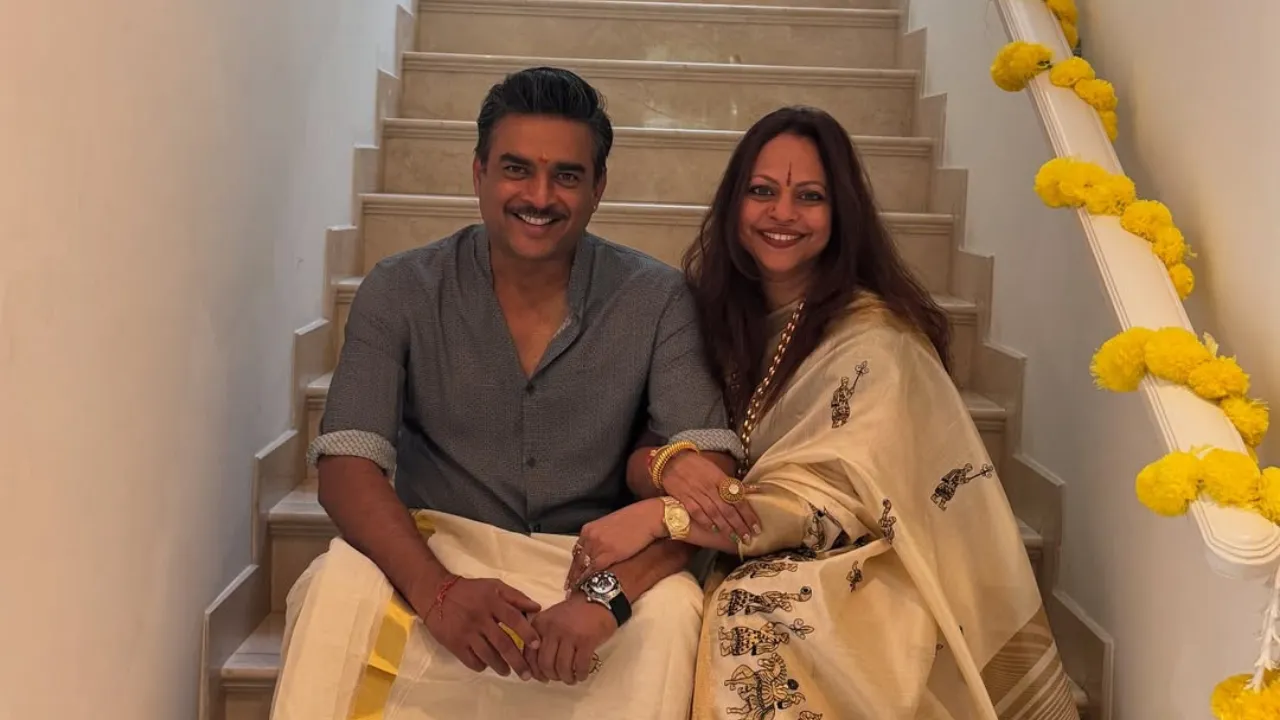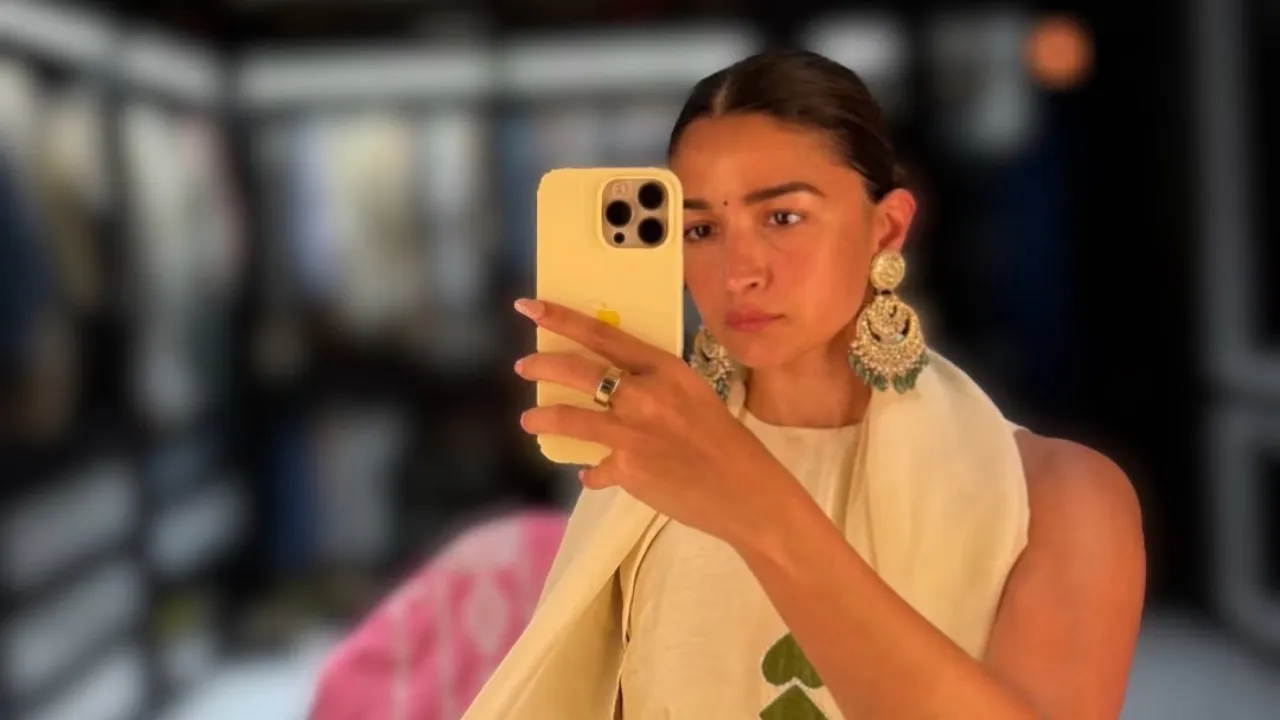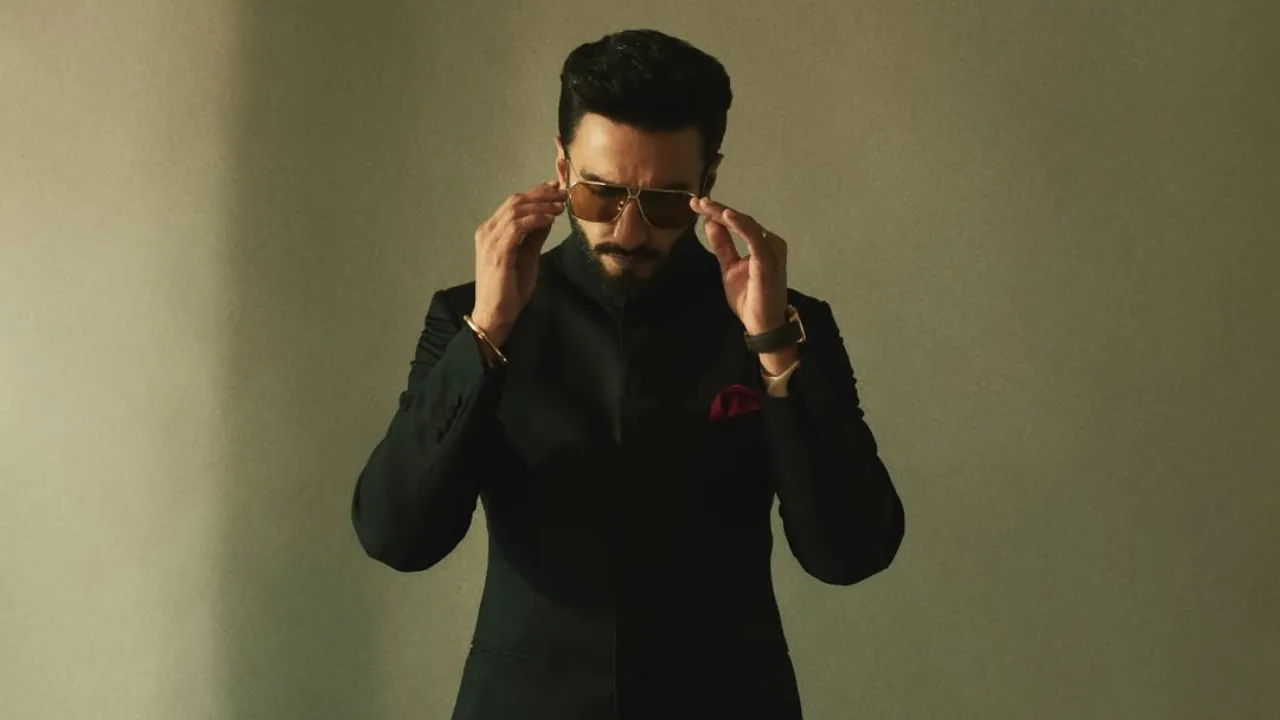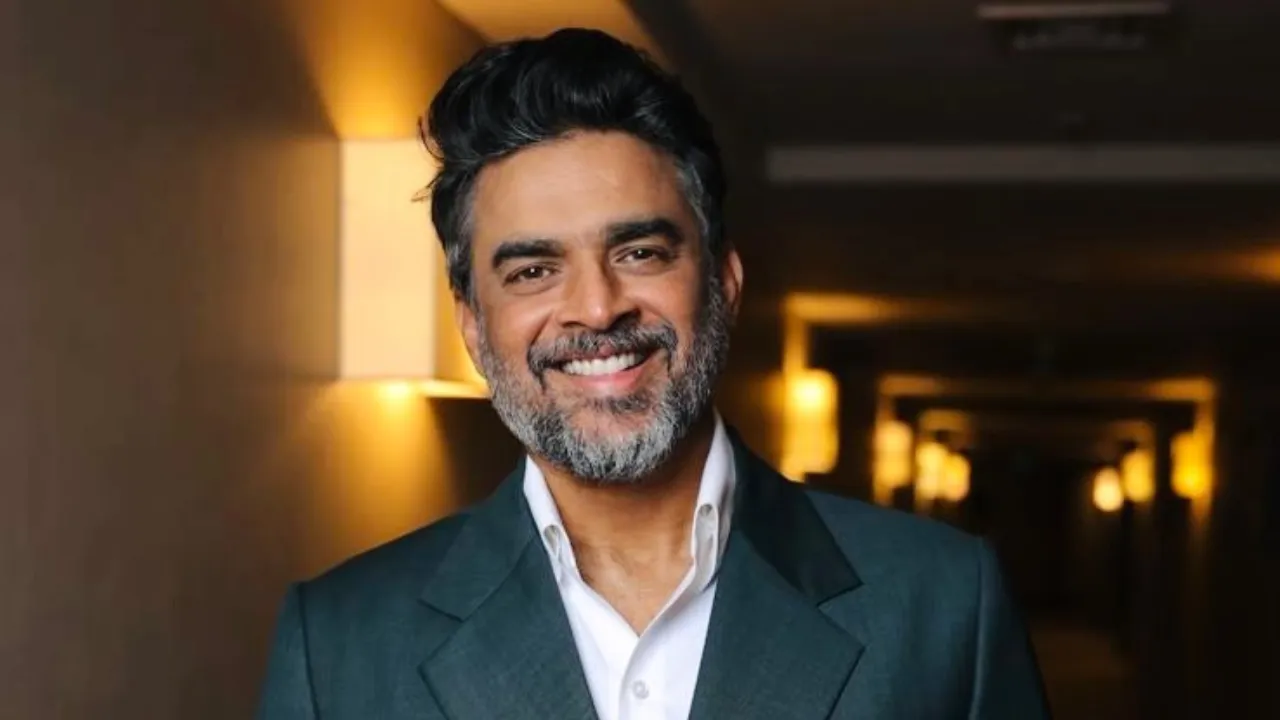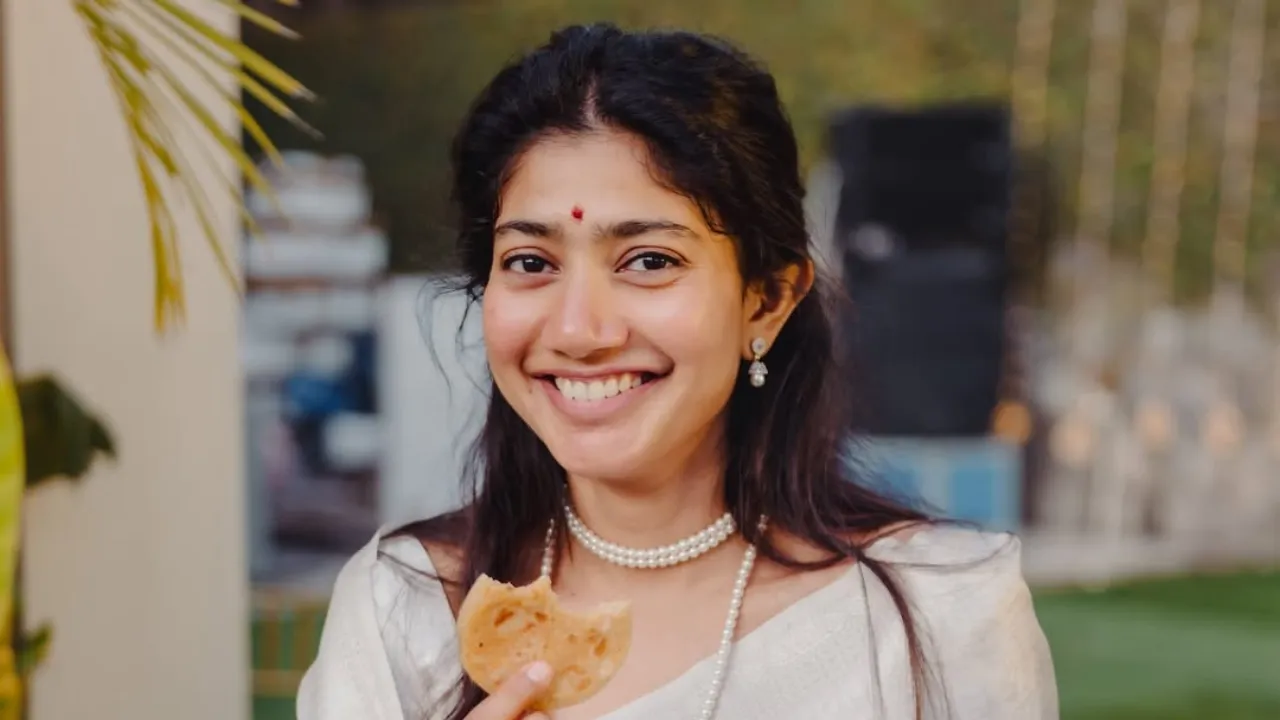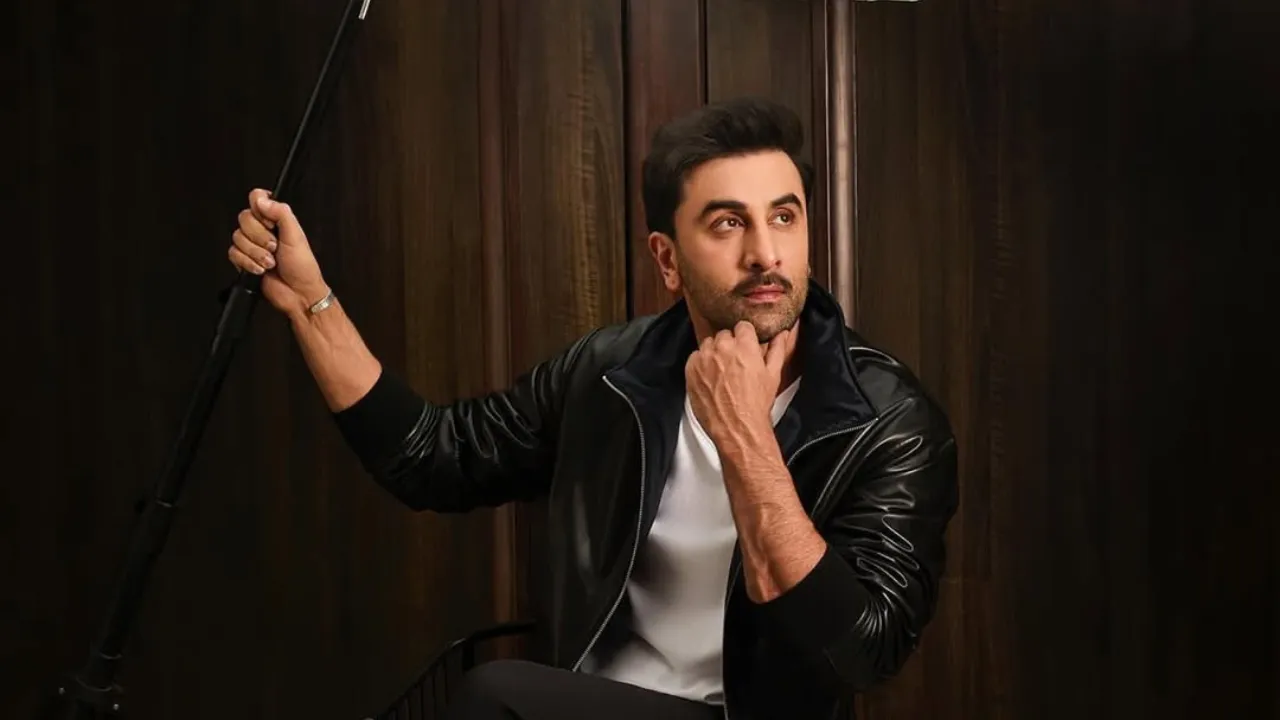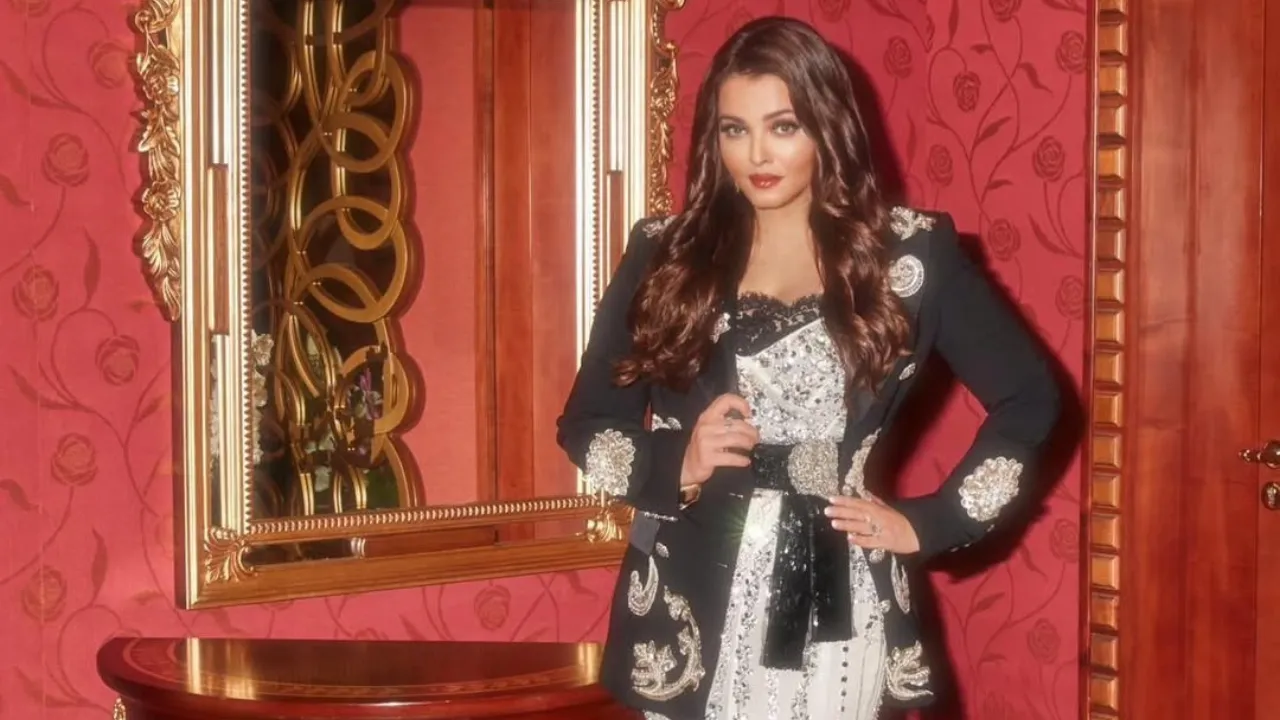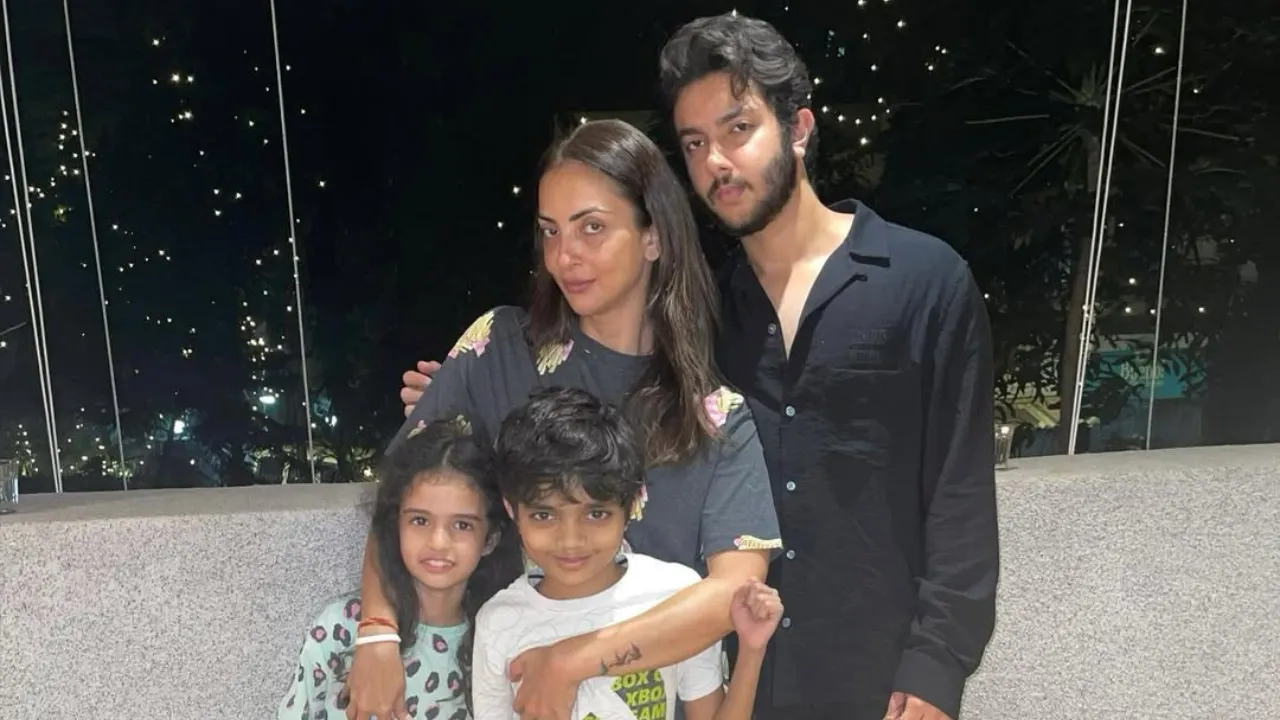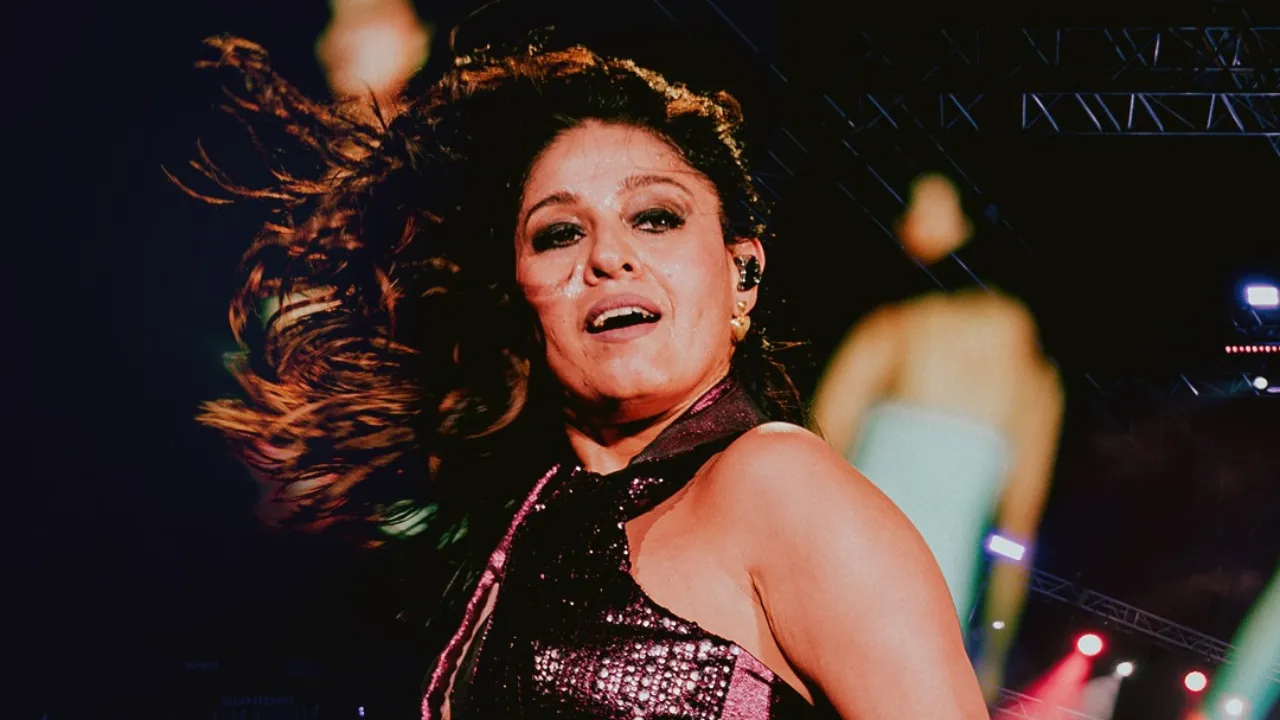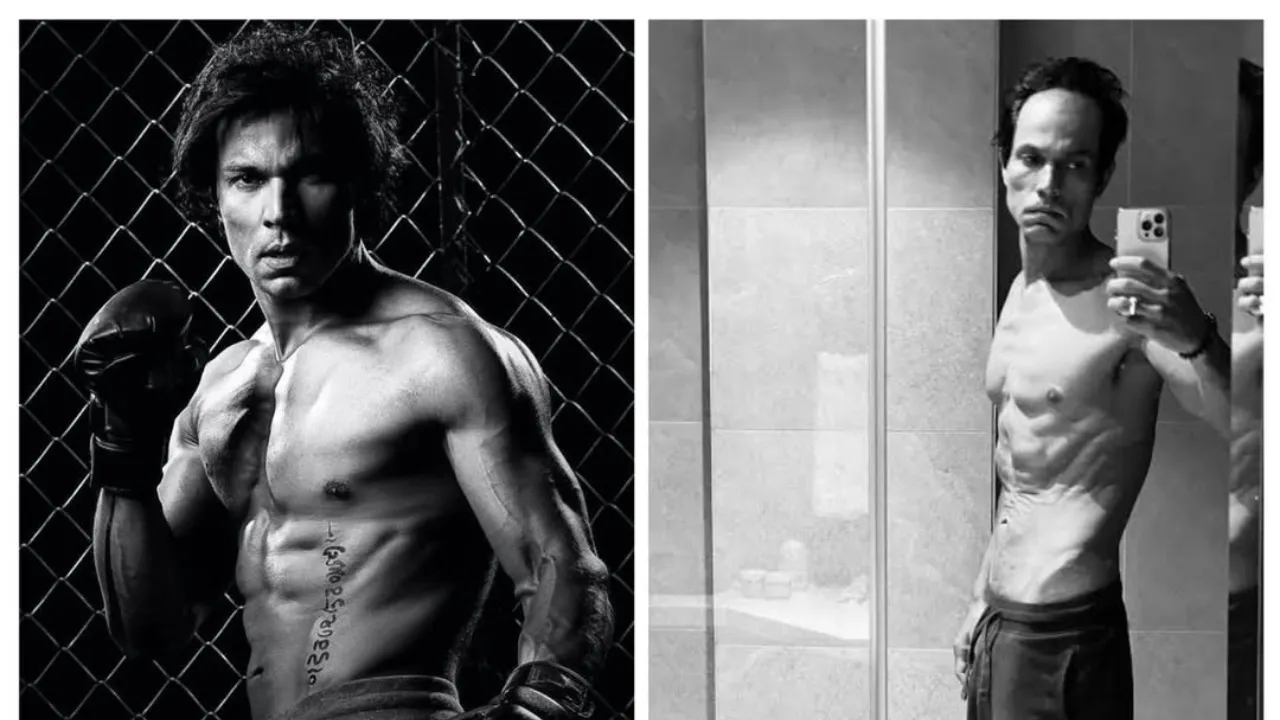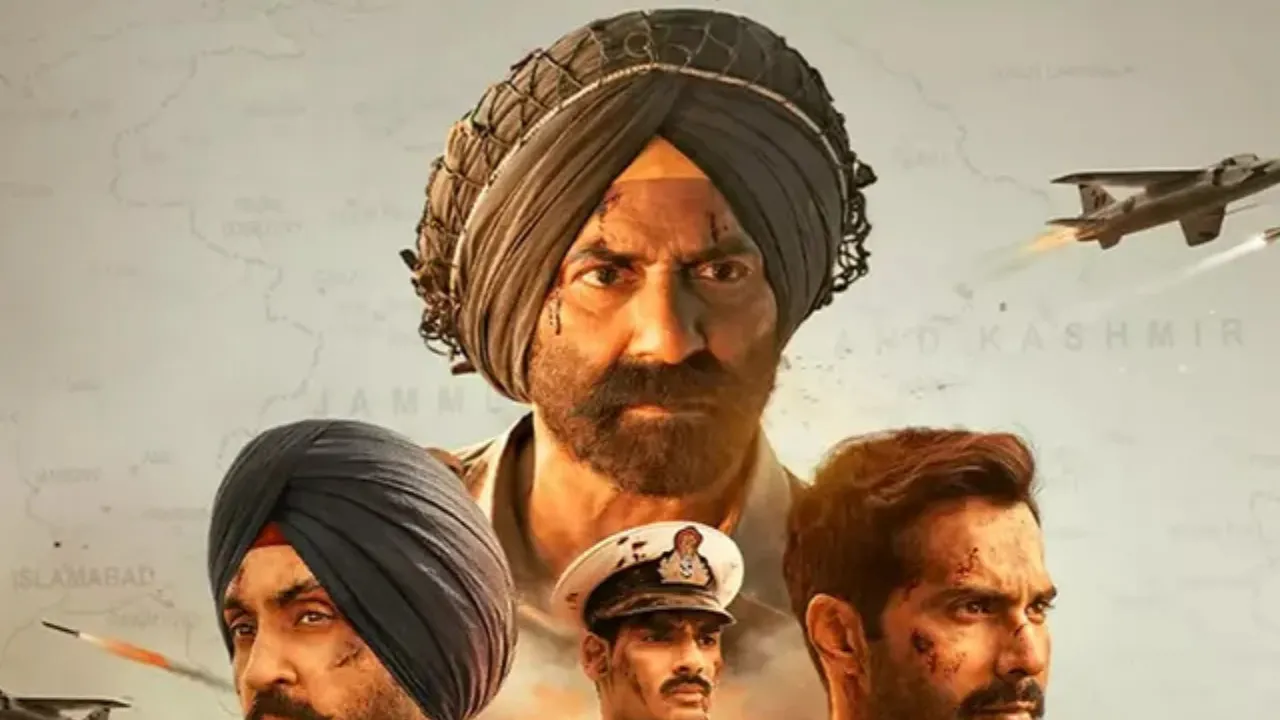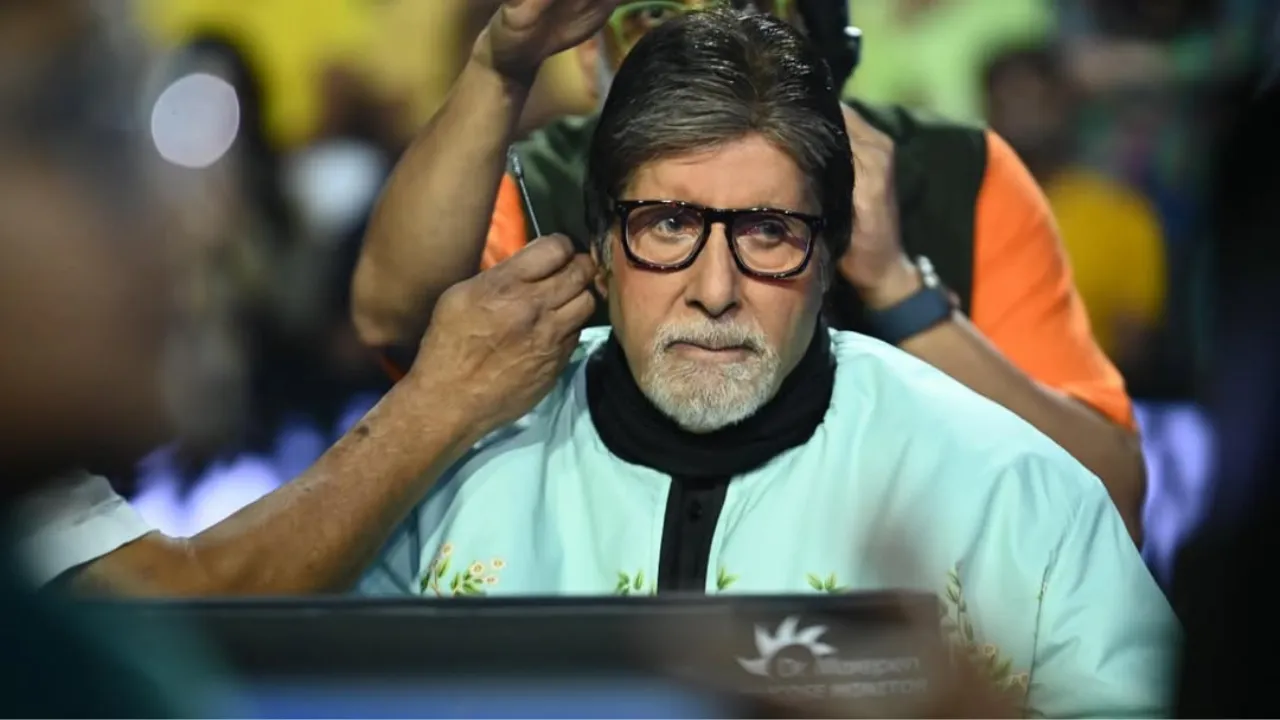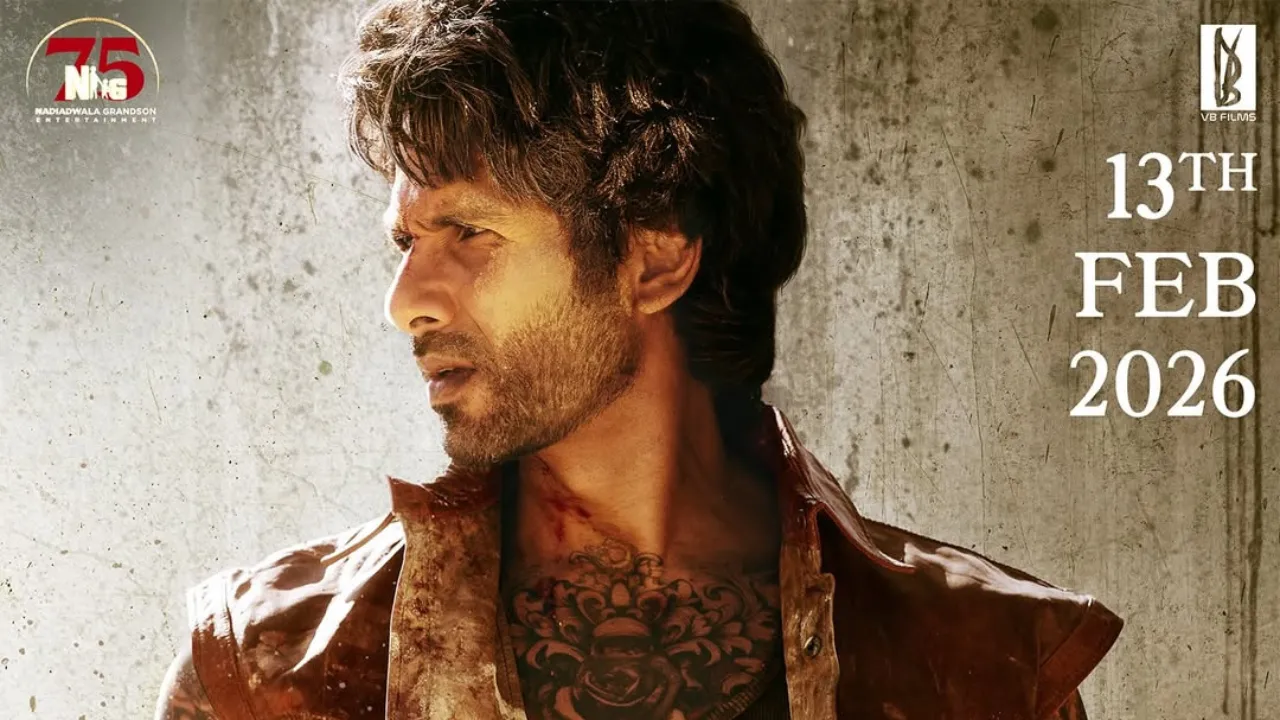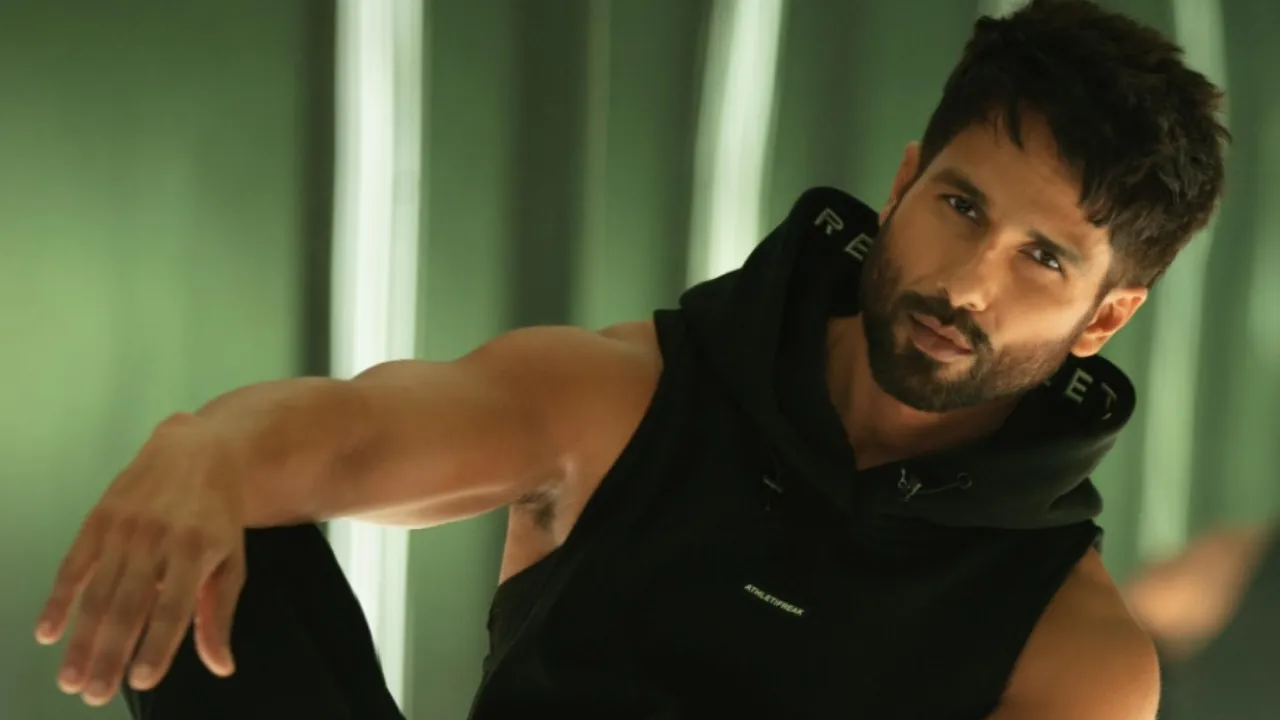Kriti Sanon says women in Bollywood are often given inferior cars while men enjoy better ones.
Kriti Sanon’s recent comments about everyday inequalities on film sets — including that “male actors get better cars or better rooms” — have reignited a broader conversation about gender bias in Bollywood. Her remarks, made while accepting a role as UNFPA India’s honorary ambassador for gender equality, highlight how small gestures add up to create an environment that can make women feel “smaller” rather than equal.
Below I break down what Kriti actually said, why these examples matter, what evidence and reactions followed, and practical steps the industry and productions can take to make treatment genuinely equal.
What Kriti said: male actors get better cars than female actors — and why she raised it
Kriti Sanon described a pattern she’s noticed across sets: subtle preferential treatment toward male co-stars. She mentioned that male actors are sometimes given “a better car or a better room,” and that assistants or production staff will often prioritise male artists over female ones. Her point was not about cars per se, but how those small differences signal deeper, institutional attitudes.
She made these comments while talking about gender equality after being named UNFPA India’s honorary ambassador — which adds weight to her words because the role explicitly focuses on dismantling stereotypes and promoting fair treatment.
Why “small things” like cars and rooms actually matter
At first glance, a car or hotel-room size might seem trivial. But these are visible, repeated micro-decisions that shape workplace culture.
First, they reflect perceived hierarchy. If male actors consistently receive better travel or hospitality, it signals to crew and cast who is considered the priority.
Second, repeated small slights affect morale and long-term career confidence. Being consistently “made to wait” or given lesser facilities can undermine an actor’s sense of belonging and professional worth.
Finally, these material signals often correlate with larger disparities — pay gaps, preferential publicity, or decision-making power on set. Kriti’s observation invites us to connect micro-behaviours to macro-inequality.
Is there evidence beyond Kriti’s experience?
Kriti Sanon’s comments add to a chorus of stories from actresses over the years about unequal treatment — from payment differences to promotional priority. While systematic academic studies focused specifically on cars or rooms are rare, numerous industry interviews and reports document unequal perks, billing, and press access for male and female stars.
Major entertainment outlets picked up Kriti Sanon’s comments and placed them in a larger context of long-standing gender imbalances in Indian cinema. That media attention helps convert a single anecdote into a newsworthy example of broader patterns.
Reactions: how the industry and public responded
Public reaction has been mixed but mostly supportive. Several journalists and viewers praised Kriti for speaking up; others noted this is a symptom, not the whole problem. Industry insiders often respond defensively, but there are also producers and filmmakers who acknowledge that such habits exist and say they’re willing to address them.
Because Kriti Sanon linked her comments to her new role with UNFPA India, the conversation also moved into policy and advocacy territory — not just gossip. Coverage from mainstream outlets like NDTV, Indian Express, and Filmfare documented both the quote and the institutional context.
How productions can fix the “car and room” problem (practical steps)
If the goal is equal treatment, here are practical, actionable steps productions can implement immediately:
- Create clear hospitality standards. A written policy specifying room categories and transport allocations reduces ad-hoc favoritism.
- Use a neutral booking system. Let a production manager assign rooms and cars based on objective criteria (role size, call times), not perceived star power.
- Publish a set of on-set conduct rules. Norms like “no one is left waiting” and clear call-time procedures make equality part of daily practice.
- External audits for large productions. For big films and series, independent audits of pay, perks, and access can identify disparities and recommend fixes.
- Train assistant directors and production staff. Often behaviour stems from habit — short training sessions can change how assistants manage talent logistics.
These concrete steps address small gestures directly and reduce the chance that “better cars” become shorthand for who matters most on set.
Why Kriti Sanon’s framing helps the wider equality conversation
By naming small, relatable examples — cars, rooms, who’s called first — Kriti makes the abstract idea of gender bias concrete for people outside the industry. That matters because real change often begins when everyday unfairness becomes visible and uncomfortable for people who weren’t paying attention.
Her role with UNFPA India means the topic will likely be framed in terms of rights and dignity, not just industry PR. That shifts the conversation from celebrity grievance to social norm change.
What readers should take away
Kriti Sanon’s comment — that “male actors get better cars than female actors in Bollywood: Kriti Sanon” — may read like a single complaint, but it’s shorthand for how micro-inequities build up. It’s useful because it transforms an abstract inequality into specific behaviours productions can fix.
If you care about fairness in entertainment, look for companies that publish clear equality policies, support productions that audit workplace treatment, and follow artists who use their platforms for systemic change. Small changes on set translate into bigger cultural shifts.
Kriti Sanon’s observation is a timely reminder: equality is not only about headlines and lead roles. It’s also about whether the person arriving to set is offered the same respect, the same facilities, and the same dignity — whether that’s a car, a room, or simply being called on time.
Also Read: Mahanaryaman Scindia Becomes MP Cricket’s Youngest Boss!




